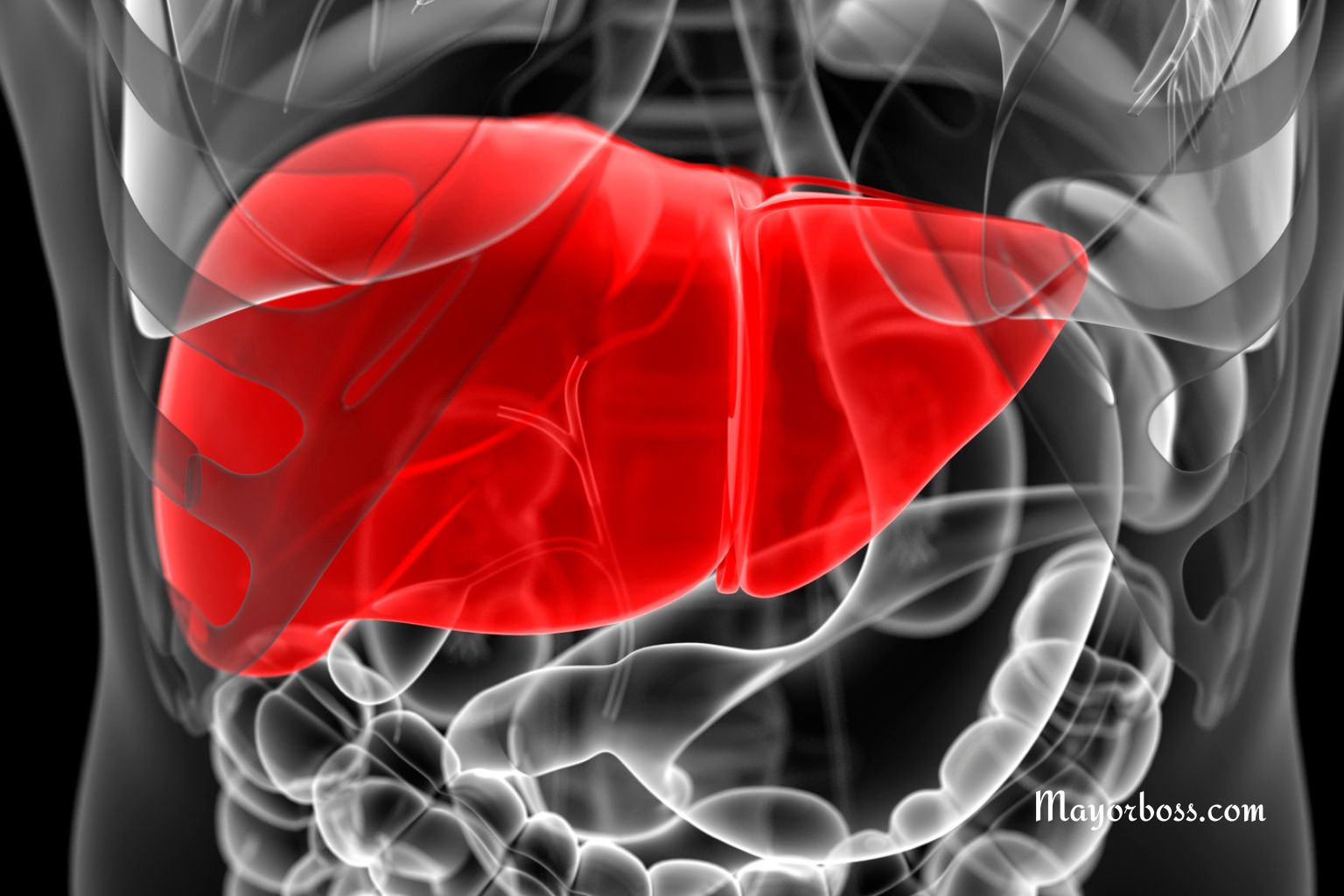Symptoms of Meningitis: What You Need to Know
Brief summary: Meningitis is an inflammation of the membranes surrounding the brain and spinal cord. It can be caused by bacteria, viruses, or other microorganisms. Symptoms often include fever, headache, and neck stiffness. Early detection and treatment are crucial for reducing the risk of severe complications.

What is Meningitis?
Meningitis affects the protective layers that encase the brain and spinal cord, known as meninges. This condition can be life-threatening if not treated promptly. Common causes include bacterial and viral infections, although fungi and parasites can also be culprits.
Early Symptoms You Should Watch Out For
Fever and Chills
One of the initial signs of meningitis is a high temperature. You might also experience chills, which usually precede or accompany a fever.
Severe Headache
Headaches are common in many conditions, but the type linked with meningitis tends to be severe and different from normal headaches you might have experienced.
Neck Stiffness
Difficulty in moving the neck, especially in bending the head forward, is another red flag. If you find it hard to touch your chin to your chest, that’s a signal you shouldn’t ignore.
Light Sensitivity
In cases of meningitis, you may find bright lights unbearable. This symptom is known as photophobia.
Fatigue
Feeling extremely tired and weak is common. You may struggle to stay awake or have difficulty getting out of bed.
Advanced Symptoms: Get Immediate Help
Confusion or Altered Mental State
If you or someone around you experiences confusion or difficulty concentrating, seek medical attention right away.
Nausea and Vomiting
Though these symptoms are common in many illnesses, when combined with other symptoms like fever and headache, they become particularly concerning.
Seizures
In severe cases, meningitis can cause seizures. If you witness someone having a seizure who has also shown other symptoms, call for emergency help immediately.
Skin Rash
Some forms of bacterial meningitis can lead to a reddish or purple skin rash. In people with lighter skin tones, the rash might look like tiny red pinpricks.
Special Considerations: Infants and Older Adults
Infants
In babies, the symptoms may not be as obvious. Look for high fever, irritability, and a bulging fontanelle (the soft spot on the top of a baby’s head).
Older Adults
In older adults, symptoms might be less pronounced or may take longer to develop. Fever and confusion are often the key indicators in this age group.
When to Seek Medical Help
If you or someone around you shows multiple symptoms listed above, especially the advanced ones, don’t hesitate to seek medical care immediately. Early diagnosis and treatment can significantly improve the chances of recovery and minimize the risk of complications.
So, if you’re experiencing symptoms like a severe headache, high fever, and neck stiffness, head to the emergency room as soon as possible. Time is of the essence when dealing with meningitis.
Can I Get Meningitis from Someone Who is Infected?
Yes, some forms of meningitis are contagious. Bacterial meningitis, for instance, can spread through respiratory secretions—like when someone coughs or sneezes. However, it’s generally less contagious than viruses like the common cold or flu. Close contact, such as living in the same household or intimate relationships, increases the risk of transmission. That said, not all types of meningitis are contagious, such as those caused by fungi or parasites.
How Long Does It Take for Symptoms to Appear?
The incubation period—the time from exposure to the onset of symptoms—varies depending on the type of meningitis. For bacterial meningitis, symptoms can appear within 3 to 7 days after exposure. In the case of viral meningitis, symptoms often show up within 5 to 7 days. If you’ve been exposed to a person with meningitis, especially the bacterial type, it’s crucial to monitor for symptoms and consult a healthcare provider for preventive treatment.
Are There Vaccines for Meningitis?
Yes, vaccines can protect against some types of meningitis. There are vaccines available for certain strains of bacterial meningitis, such as Meningococcal and Pneumococcal vaccines. These are often recommended for children, adolescents, and adults who are at higher risk due to certain medical conditions or travel plans. However, there is currently no vaccine for viral meningitis, which is generally less severe than its bacterial counterpart.
What Are the Treatments for Meningitis?
Treatment largely depends on the type of meningitis you’re dealing with. Bacterial meningitis requires immediate hospitalization and intravenous antibiotics. Antiviral medications may be used for viral meningitis, although often the treatment is supportive—meaning it aims to relieve symptoms while the body fights off the infection. In cases caused by fungi, antifungal medications are prescribed. For all types, supportive care like fluids, fever reducers, and pain relievers can help manage symptoms. Early treatment is crucial to avoid severe complications, so if you suspect meningitis, seek medical care as soon as possible.






